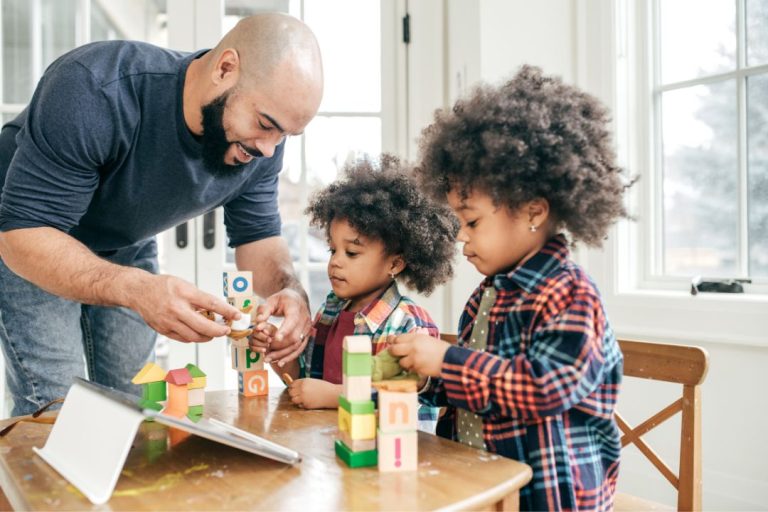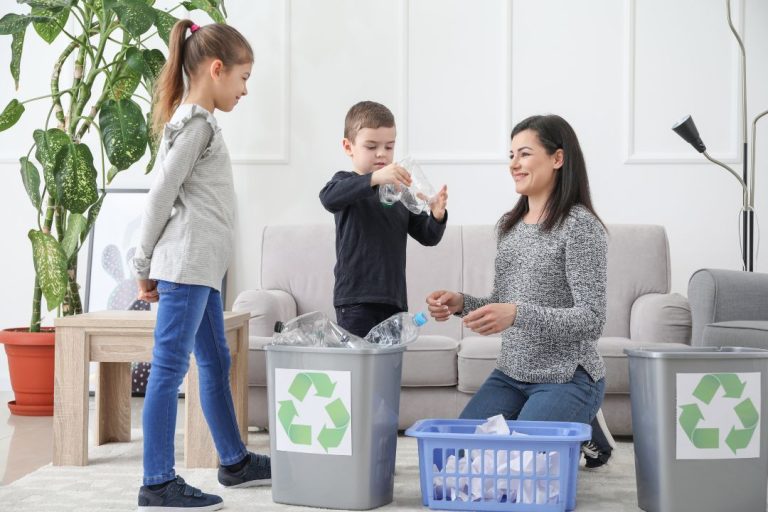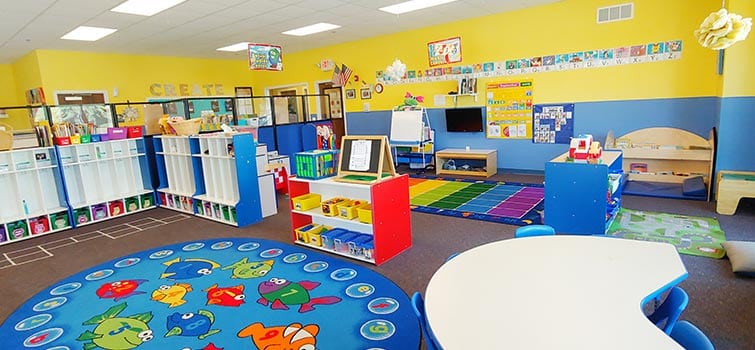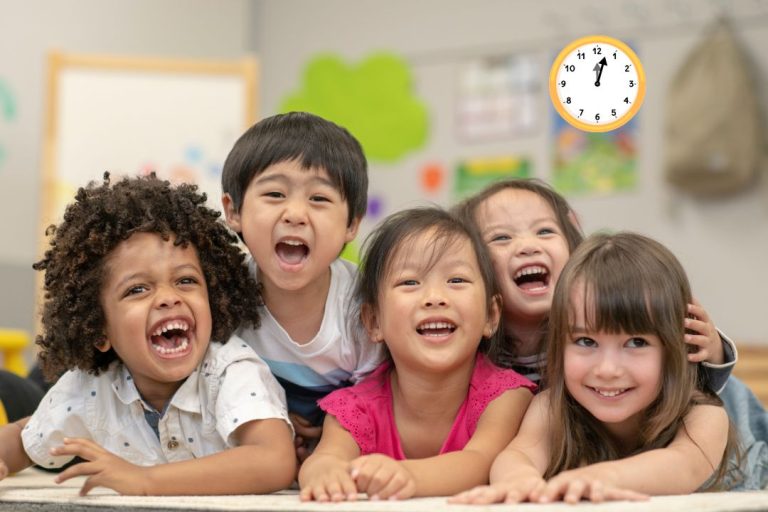How to Prepare Your Toddler for Preschool: Tips for a Smooth Transition
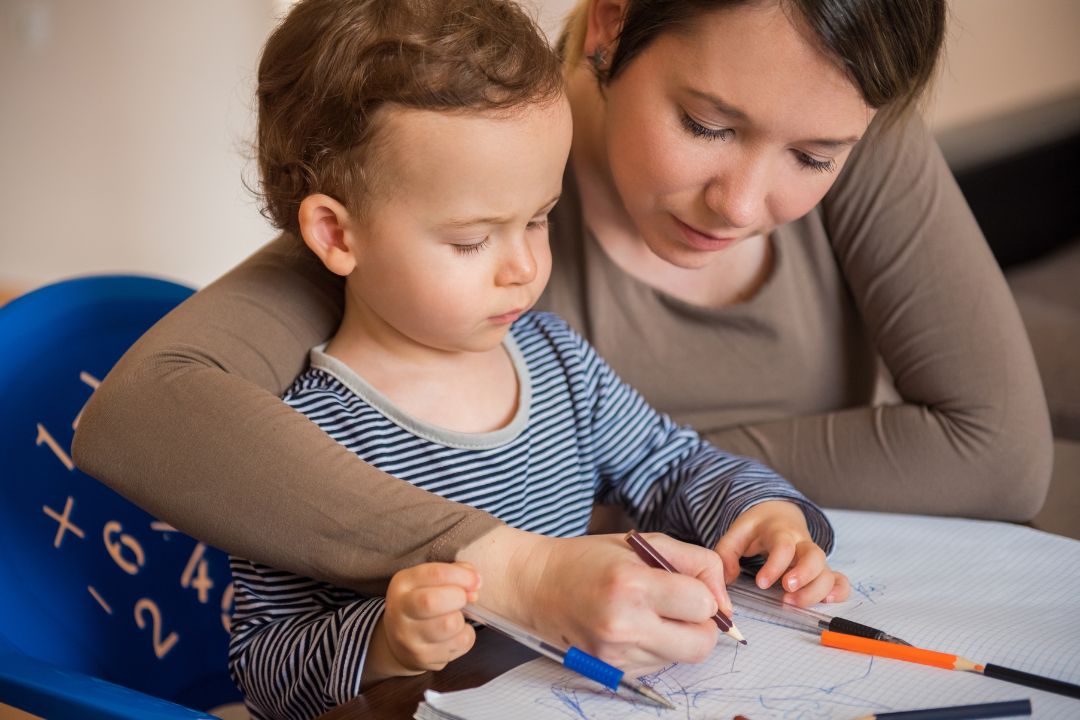
To prepare your toddler for preschool, establish a routine and visit the school to familiarize them with the environment. Talk positively about preschool and engage in role-playing activities to build social skills and independence.
This will help your toddler feel more confident and ready to start their preschool journey. Preparing your toddler for preschool is an important step in their early childhood development. It sets the stage for a positive start to their educational journey and helps them build confidence and independence.
We will discuss practical tips and strategies to help you prepare your toddler for preschool. By following these tips, you can ensure that your toddler is ready to embrace this new and exciting chapter in their life.
Understanding The Importance Of Preschool For Toddlers
The decision to enroll your toddler in preschool is a significant milestone in their early years. Preschool not only prepares them for academic success but also fosters their emotional and social development. Understanding the vital role that preschool plays in shaping your child’s future is essential as you embark on this journey.
The Developmental Benefits
Preschool offers a rich environment for toddlers to engage in activities that stimulate their cognitive, physical, and emotional growth. By participating in various educational experiences, children develop essential skills such as critical thinking, problem-solving, and creativity. These early developmental foundations provide a strong framework for future learning and success in school.
Socialization and Independence
Preschool provides toddlers with the opportunity to interact with peers and adults in a structured setting, fostering social skills and independence. Through collaborative play and group activities, children learn to communicate, share, and form friendships. Moreover, the sense of independence cultivated in preschool prepares toddlers to adapt to new environments and routines, laying the groundwork for future educational experiences.
Emphasizing Routine and Structure
Establishing a predictable routine and structured environment in preschool helps toddlers feel secure and confident. Consistent daily schedules, including mealtimes, circle time, and free play, create a sense of stability and predictability for young children. This emphasis on routine promotes positive behavior, reduces anxiety, and cultivates strong foundations for learning and development.
Creating A Positive Mindset For Preschool
Starting preschool can be a major transition for toddlers, and as parents, it’s natural to feel concerned about how they will adjust. By preparing your toddler for preschool with a positive mindset, you can help ease their transition and ensure they look forward to this new chapter in their lives.
Acknowledging Your Toddler’s Emotions And Concerns
It’s essential to acknowledge and validate your toddler’s emotions and concerns about starting preschool. Engage in open conversations to understand their fears and anxieties, and reassure them that it’s okay to feel this way. Let them know that their feelings are valid, and they can always communicate with you about any worries they have.
Encouraging Positive Associations With School
Help your toddler develop positive associations with school by talking about the fun activities they will get to experience, the friends they will make, and the exciting things they will learn. Create a positive narrative around preschool by using enthusiastic and reassuring language, and by sharing stories of your own positive experiences in school.
Developing A Reassuring Daily Routine
To instill a sense of security and predictability, develop a daily routine that includes activities related to preschool, such as reading books about starting school, practicing basic skills, and talking about what they can expect. Consistency in routine helps toddlers feel reassured and prepared for upcoming changes.
Practicing Independence And Self-help Skills
When preparing your toddler for preschool, it’s essential to focus on practicing independence and self-help skills to foster their confidence and ability to handle tasks on their own. Encouraging self-care activities, promoting problem-solving and decision-making, and fostering independence through play and daily tasks are crucial aspects to consider.
Encouraging Self-care Activities
Teaching your toddler self-care activities such as dressing themselves, using the restroom independently, and personal hygiene routines can help them feel more confident and capable as they transition to preschool. Encourage them to put on their own socks and shoes, brush their teeth, and wash their hands, fostering a sense of responsibility for their own well-being.
Promoting Problem-solving And Decision-making
Engage your toddler in activities that require them to make decisions and solve simple problems. Offer choices for activities or snacks, allowing them to practice making decisions. Puzzles, building blocks, and simple games can promote problem-solving skills and boost their confidence in their ability to figure things out on their own.
Fostering Independence Through Play And Daily Tasks
Encourage your toddler to take on small tasks, such as tidying up their toys, setting the table, or putting away their belongings. Involving them in daily routines and activities can instill a sense of capability and independence. Additionally, allow them free playtime to explore and engage with toys and activities independently, nurturing their creativity and self-sufficiency.
Building Social Skills And Peer Interaction
Prepare your toddler for preschool by focusing on building social skills and encouraging peer interaction. Engage in playdates and group activities to help your child develop communication and teamwork skills. Practice sharing, taking turns, and expressing emotions to help them thrive in a social setting.
Facilitating Playdates And Group Activities
Organizing playdates and group activities for your toddler can significantly improve their social skills and prepare them for preschool. Creating opportunities for interaction with peers in a supervised setting can boost their confidence and help them become familiar with sharing, taking turns, and collaborating with other children. Consider creating a schedule for regular playdates with children of similar age groups to encourage continuous social interaction and skill development.
Modeling Positive Social Behaviors
Set a positive example by demonstrating respectful and kind interactions with others. When your child witnesses you displaying empathy, patience, and good manners, they are more likely to imitate these behaviors. Encourage them to observe and participate in activities that emphasize cooperation and teamwork. This can foster a supportive environment for learning essential social skills.
Promoting Communication And Cooperation
Engaging your child in conversations and active listening is vital for building their communication skills. Encourage them to express their thoughts and emotions while also teaching them to listen and respond to others. Promoting cooperation through structured activities and games can help them understand the value of teamwork and collaboration, essential for creating positive relationships with peers.
Establishing Communication With Preschool Staff And Teachers
To prepare your toddler for preschool, establishing clear and effective communication with the staff and teachers is crucial. It’s recommended to schedule a meeting to learn about the curriculum, routines, and activities. Building this rapport can help ease the transition for your child and ensure a positive preschool experience.
Open Dialogue And Regular Communication
Establishing open communication with the preschool staff and teachers is crucial in creating a smooth transition for your toddler. Keeping the lines of communication open through regular conversations fosters trust and ensures that any concerns or achievements regarding your child are addressed promptly.
Sharing Important Information About Your Toddler
By sharing essential information about your toddler, such as their personality traits, interests, and any specific needs, you allow preschool staff and teachers to understand and cater to your child’s individual needs effectively. It also helps form a strong partnership between you and the school in nurturing your toddler’s development.
Involvement In School Activities And Events
Active involvement in school activities and events can foster a sense of community and build rapport with the staff and teachers. It also provides an opportunity to gain insights into your toddler’s experiences at the preschool while demonstrating support for their educational journey.
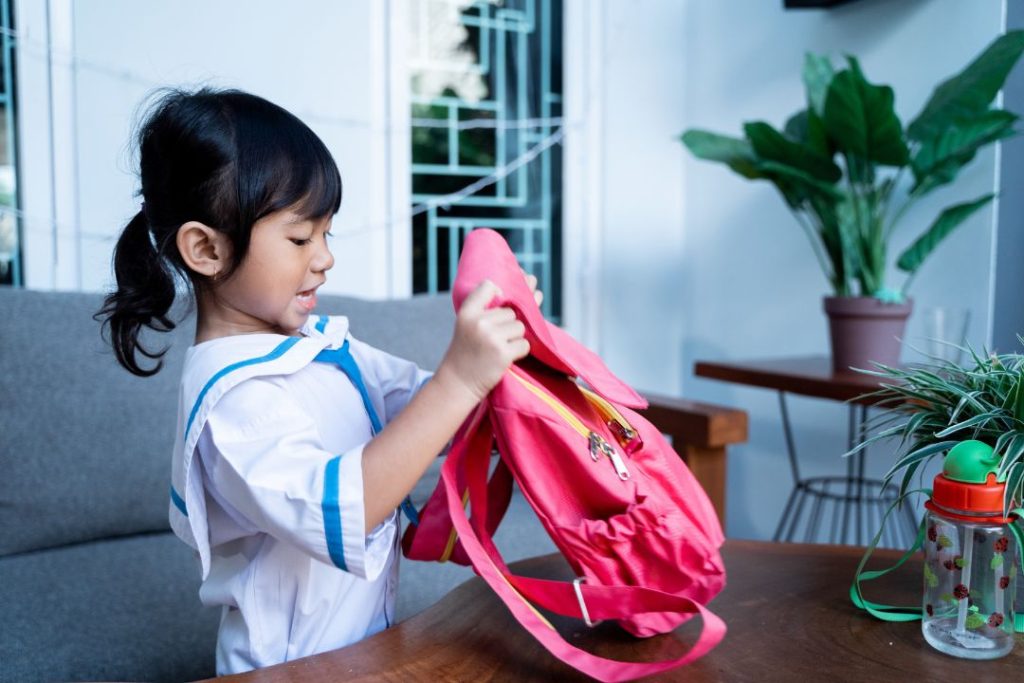
Frequently Asked Questions On How To Prepare Your Toddler For Preschool
How Long Does It Take For A Toddler To Adjust To Preschool?
It takes about 1-2 weeks for a toddler to adjust to preschool, although every child is different.
What Age Should I Put My Toddler In Preschool?
Most toddlers start preschool around age 3. However, readiness can vary. Look for signs such as social skills, independence, and potty training.
How Do I Settle My Toddler Into Preschool?
Help your toddler settle into preschool by visiting the school beforehand, meeting the teachers, and explaining what to expect. Create a routine and talk positively about school. Encourage independence, remain calm during drop-offs, and provide comfort items if needed.
How Can I Help My Toddler Adjust To Preschool?
Help your toddler adjust to preschool by establishing a routine, visiting the school beforehand, and gradually increasing their time away from you. Encourage independence and social skills, and communicate positively about the experience. Stay involved in their school life, and be patient as they adapt to this new environment.
Conclusion
As you prepare your toddler for preschool, remember to focus on creating a positive and nurturing environment. Encourage independence, social skills, and a love for learning. By implementing these strategies, you can help ease the transition and set your child up for a successful and enjoyable preschool experience.
Keep the lines of communication open and stay consistent with routines to ease any anxiety your child may have. With your love and support, your toddler will thrive in their new environment.

Emma combines her teaching experience with her writing skills to produce engaging and informative content. She covers a range of topics, from classroom management to innovative teaching techniques.



